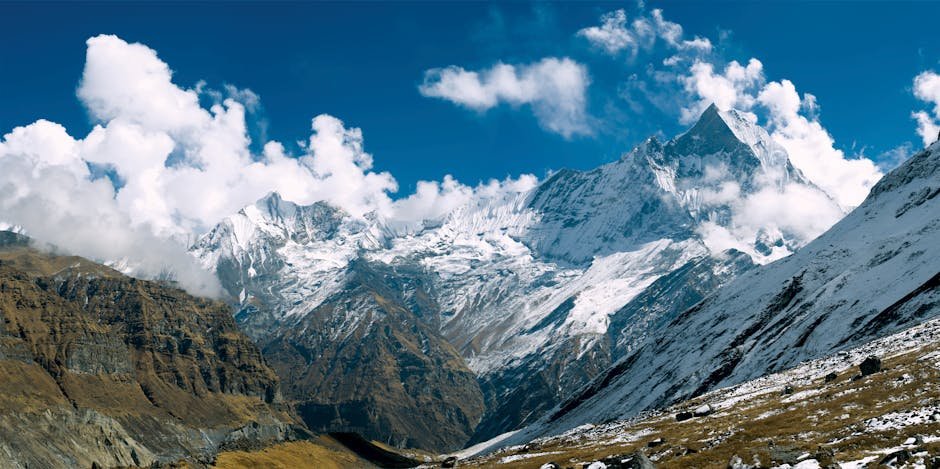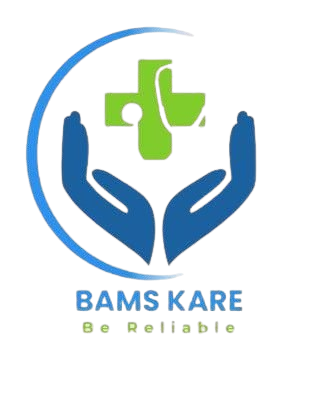
Nepal Universities are notable for their quality of education and diverse method of teaching. Their universities and colleges are enriched with the latest equipment, advanced technologies of learning, highly educated faculty and staff members. The best thing about Nepal institutions is that most of their faculty members are of Indian origin and it makes it easier for newcomers to understand and feel comfortable.
Candidates who are seeking admission in abroad universities, Nepal is one of the leading countries for MBBS courses and many Indian students take this advantage and successfully practicing in India. Candidate can take direct admission in Nepal colleges and their fees are less expensive then Indian Institutions and they don’t ask for any Entrance or Proficiency test.
Almost all medical colleges in Nepal are MCI approved and students will get MCI screening coaching during their regular studies so that they can pass MCI screening tests easily and get a license to practice in India. MBBS course duration in Nepal takes 6 years.
About Nepal
Nepal is an Asian Country located in the Himalayan region and it is a landlocked country. Nepal has a linked history with Lord Buddha and it has world top eight tallest peaks out of ten. Nepal is known for many things such as mountaineering, it has some of the world highest mountains out of which one is Mount Everest, it is the Birth Place of Lord Buddha and it provides shelter to many wild species. Nepal is extremely safe and female-dominant country, it provides complete safety and security to international candidates. They can fearlessly travel anytime on Bus, train, Cabs, or any other public transports.
The majority of people in Nepal follow Hinduism and are god lovers. It lies in south Asia and shares its borders with India, China, Bhutan, Bangladesh, etc. it has a solid combination of culture, traditions, diverse geography, climate and religion. Nepal experiences continental type of climate with four different seasons in a year. Nepal experienced an average rainfall and a minimum of 22 degrees Celsius in summer and around 10 degrees in winters.
MBBS in Nepal at a glance
Degree awarded by Universities |
MBBS Degree |
| Intake | Started in the month of July |
| Concerning the authority of Nepal for Medicine | Nepal Medical Council. |
| Suggested medical Colleges | KIST Medical College and Nepal Medical College. |
| Country | Nepal |
| Mode of teaching | English or Nepalese |
| Approved by | Approved by MCI, WHO, UNESCO, etc. |
| Course Duration | 5+1 year for Compulsory internship |
| The minimum cost of living | Approx 5-10 thousand per month |
| The minimum cost of Studying | Minimum 10 lakhs/Year |
Medical College |
Location |
Affiliated to |
Established |
Foreign Seats |
Fees |
|---|
| Manipal College of Medical Science, Pokhara | Pokhara | Kathmandu University | 1994 | 50 | |
| College of Medical Science | Bharatpur | Kathmandu University | 1996 | 50 | |
| Kathmandu University School of Medical Sciences | Kathmandu | Kathmandu University | 1994 | 33 | |
| Birat Medical College | Birat Nagar | Kathmandu University | 2014 | 33 | |
| Kathmandu Medical College (KMC) | Kathmandu | Kathmandu University | 1997 | 33 | |
| Nepal Medical College (NMC) | Jorpati, Kathmandu | Kathmandu University | 1997 | 33 | |
| Nepalgunj Medical College | Nepalgunj | Kathmandu University | 1996 | 33 | |
| Lumbini Medical College | Palpa | Kathmandu University | 2009 | 33 | |
| Nobel Medical College | Birat Nagar | Kathmandu University | 2004 | 33 | |
| Devdaha Medical College & Teaching Hospital | Devdaha | Kathmandu University | 2008 | – | |
| Institute of Medicine IOM) | Kathmandu | Tribhuwan University | 1972 | 8 | |
| Nepal Army Institute of Health Sciences | Kathmandu | Tribhuwan University | 1925 | 4 | |
| KIST Medical College | Kathmandu | Tribhuwan University | 2006 | 33 | |
| Chitwan Medical College | Bharatpur | Tribhuwan University | 2007 | 33 | |
| Gandaki Medical College | Pokhara | Tribhuwan University | 2007 | 33 | |
| Universal Medical College | Bhairahawa | Tribhuwan University | 1998 | 33 | |
| National Medical College | Birgunj | Tribhuwan University | 2001 | 33 | |
| Janaki Medical College | Janakpur | Tribhuwan University | 2003 | 17 |
Eligibility for MBBS in Nepal
As we already know that if we are sitting in any competitive examination or seeking admission in any university/college, first of all, we have to fulfill the requirement, only after we are eligible to take admission to that university. Below mentioned are the basic eligibility criteria for MBBS admission followed by majority of colleges;
- The age of interested candidates should be 17 years or as on 31st December for the same year.
- Candidate must have qualified NEET examination with a good percentile if they want to take admission to a top college.
- Candidate must have completed their Higher Secondary Certificate Examination or any equivalent examination from a recognized board of country.
- Candidate must have obtained at least 50% aggregate marks in main subjects like English, Physics, Chemistry, and Biology.
- One more important thing is that candidates should possess pleasant academic performance and behavior for good impression.
Documents required for Admission
Students have to attach some documents at admission time along with the registration form;
- High School and Intermediate education certificates.
- Eligibility Certificate by MCI for Indian students.
- Identity proof such as Adhar Card, Voter ID, Passport, etc.
- Recent digital Photographs.
Documents required for Visa
- Invitation letter
- Mark sheet of 10+2 education
- Flight Tickets
- Accommodation Letter
- Medical and Travel insurance
- University fees deposit slip
- Original Birth Certificate
- Approval from Ministry of both nations
- Passport size photographs
- A valid passport
MBBS in Nepal Syllabus
The complete 4.5 years theoretical studies of basic science and Clinical science have been divided into 9 Semesters by Nepal Universities and their concerning authority. After completing 9 semesters successfully students have to go through a rotation internship either from Nepal Hospital or from their native country.
Nine Semesters will be divided into two parts, out of which the first part comprises 4 semesters and second part contains 5 semesters. In the first part, students will be introduced by the integrated teaching of basic Medical science and another part is for clinical subjects.
Anatomy, Pharmacology, Pathology, Biochemistry, Microbiology, Physiology, and community medicine are first part subjects.
Medicine, Surgery, Pediatrics, Toxicology, radiology, Obstetrics, Gynecology, Orthopedics, Ophthalmology, Skin and ENT are the second part subjects.
Students shall not be only promoted to the fifth semester unless he/she will not successfully clear Pathology, Pharmacology, and Microbiology along with another subject like, Anatomy, Biochemistry, and physiology.
After four-semester students will be taken for field visits in Kathmandu city for one month in order to fulfill the need for community medicine. After one-month vacation universities will continue with fifth-semester subjects.
Accommodation facility of Nepal
Nepal universities take care of accommodation for international students and that’s why it provides separate hostel facilities to girls and boys inside college campuses. Hostel rooms are available at single occupancy and double or triple sharing.
Rooms are well furnished according to the need of students; there is the bed, Chair, Table, Cupboard, table lamp, and attached bathroom. Students have to arrange other required things on their own.
In each hostel buildings there is a common Television, study room, and mess with Indian food.
Internet connectivity is also offered by the college administration.
Why study MBBS in Nepal
Nepal has become the first choice of medical pursuant and day by day Nepal university gaining popularity for its high-quality education, Innovative technologies, Modern and latest equipment used by the universities, diverted teaching techniques, advancement, world-class infrastructure, and many more things. Nepal has become the nation of opportunities and providing shelter to international candidates who cross boundaries to become a successful physician.
Every year Nepal gives admission to thousands of students from different land, religion, caste, and ethnicity. The majority of students are from India, China, Bangladesh, and Sri Lanka. Indian Students are provided by extra benefits might be because of Good relations between two nations, Indian candidates don’t require Visa or passport to live or study in Nepal.
Nepal is quite affordable and cheaper than any other Asian country. Nepal and India have many similarities such as, climatic conditions, food, and cuisines, lifestyle, culture, traditions, festivals, etc which feels like home.

